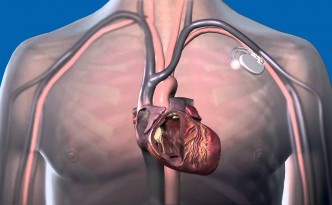
Expert group says embryo genetic modification should be allowed
Research involving genetic modification of human embryos, though controversial, is essential to gain basic understanding of the biology of early embryos and should be permitted, an international group of experts said on Wednesday. The statement was issued by members of the so-called Hinxton Group, a global network of stem cell researchers, bioethicists and policy experts who met in Britain last week. “However, we acknowledge that when all safety, efficacy and governance needs are met, there may be morally acceptable uses of this technology in human reproduction, though further substantial discussion and debate will be required,” the group said in a statement.







